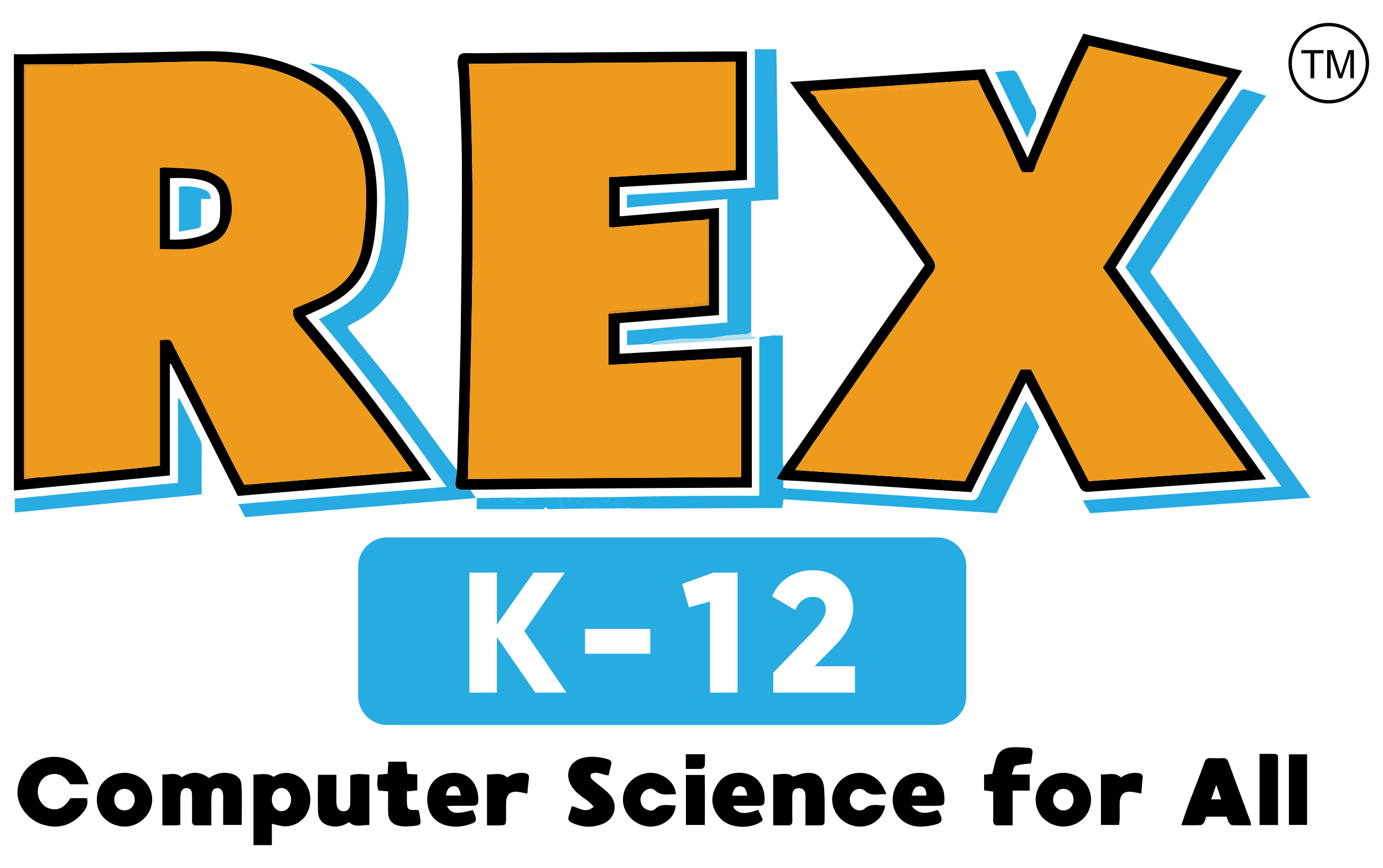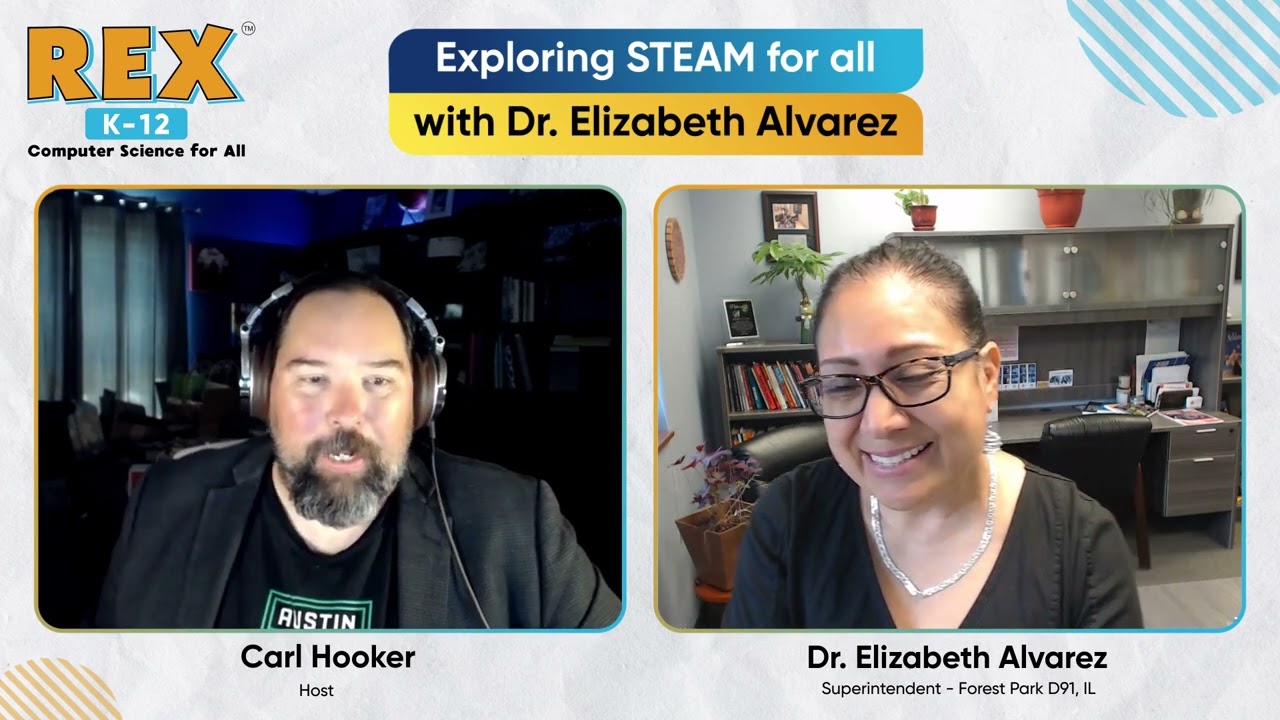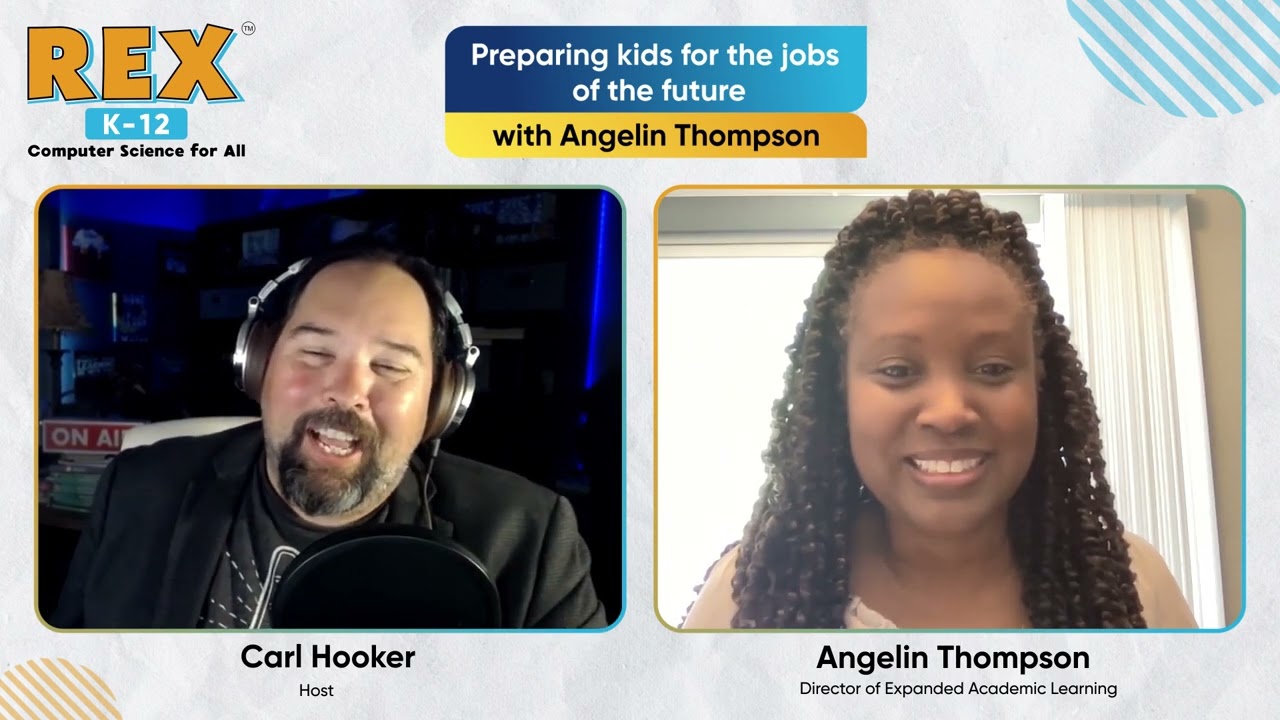Leaders are such an important part of the conversation when it comes to elevating the importance of computer science education in schools. In this episode, we sit down with former school Superintendent Dwight Jones to discuss the how and why school leaders could leverage computer science in their schools to help students of all races and genders have access as early as elementary school.
Empowering Students for the Future: A Conversation on Computer Science Education with Dwight Jones
Introduction
Welcome to our blog post, where we dive deep into a thought-provoking conversation with Dwight Jones, a renowned former school superintendent and passionate advocate for education. In this enlightening discussion, we explore Dwight’s personal journey, his insights on the integration of technology in the classroom, and his perspective on the exciting realm of artificial intelligence (AI) and computer science education. Join us as we unravel the importance of computer science in shaping the future of our students.
Getting Involved in Education and Technology
Dwight Jones’s path to education and technology is a testament to the transformative power of experiences. Growing up on a farm in Western Kansas, technology seemed distant and disconnected from his educational environment. However, his perspective shifted dramatically when he assumed the role of state commissioner for Colorado. It was during this tenure that Dwight became acutely aware of the abundant job opportunities in the technology sector within the state. Witnessing the struggle to attract skilled workers locally, he recognized the urgency of equipping students with the necessary skills to meet the demands of the evolving job market. This realization ignited Dwight’s unwavering passion for integrating technology into education, specifically through computer science.
The Importance of Computer Science Education
While traditional subjects like English, math, social studies, and science have long held the spotlight in education, Dwight emphasizes the need for a broader perspective. With the rapid advancement of technology, computer science education has become indispensable for preparing students for the future. Dwight firmly believes that a well-rounded education must include computer science to ensure students are equipped with the skills required to navigate the dynamic and ever-changing world. By integrating computer science into the curriculum, educational leaders can empower students with critical thinking, problem-solving, and computational skills that transcend any specific career path.
Addressing Equity and Inclusion
Dwight’s passion for equity and inclusion in computer science education shines through his advocacy. He stresses the importance of providing equal access to computer science education for students from all backgrounds. To bridge the gap, Dwight believes in targeted efforts to engage girls and students of color in computer science. By exposing them to the subject, offering opportunities, and showcasing relatable role models, educators can inspire underrepresented students to explore the vast potential of computer science. Dwight shares inspiring success stories where schools collaborated with organizations like Rex K-12 to introduce computer science at the elementary level. This early exposure breaks down barriers and ignites a passion for the subject, creating a solid foundation for future learning and career opportunities.
Artificial Intelligence and Computer Science
As artificial intelligence (AI) continues to shape various industries, Dwight acknowledges the challenges associated with its integration into education. Drawing from past experiences, such as the initial resistance to cell phone technology, he encourages educators to approach AI with an open mind. Rather than imposing bans or restrictions, Dwight advocates for a nuanced understanding of AI’s potential and its appropriate role within the classroom. He firmly believes that AI has the power to revolutionize education, enhance personalized learning experiences, and empower students with valuable skills for the future. However, effective implementation requires thoughtful consideration, ongoing discussions among educators and administrators, and the sharing of best practices to ensure ethical and equitable use of AI in education.
Looking to the Future
As we look ahead, Dwight highlights the importance of continuous learning and a growth mindset among educators and leaders. While not everyone may possess advanced technical skills, he emphasizes the value of staying informed, attending conferences, collaborating with industry experts, and leveraging valuable resources like Rex K-12. By nurturing an environment that supports learning and provides access to high-quality computer science education, schools can empower students to excel in an ever-evolving digital landscape. Dwight envisions a future where all students, regardless of their background, have the opportunity to embrace technology, develop computational thinking skills, and contribute meaningfully to the world around them.
Conclusion
In this enlightening conversation with Dwight Jones, we have delved into the critical role of computer science education in preparing students for a future driven by technology. Dwight’s advocacy for equity, inclusion, and innovation in education serves as an inspiration for educational leaders and practitioners. By embracing computer science as an integral part of the curriculum, fostering equity and inclusion, and remaining open to the potential of AI, we can empower students to navigate the digital world with confidence and become active contributors in shaping the future. The journey towards an inclusive and technologically advanced educational landscape begins now, and it is our collective responsibility to ensure that all students have the opportunity to thrive in the digital age.













